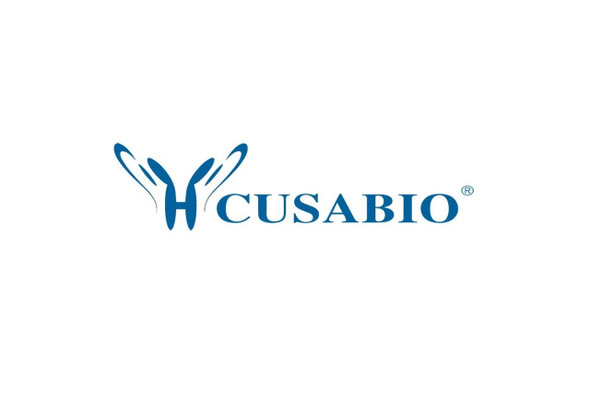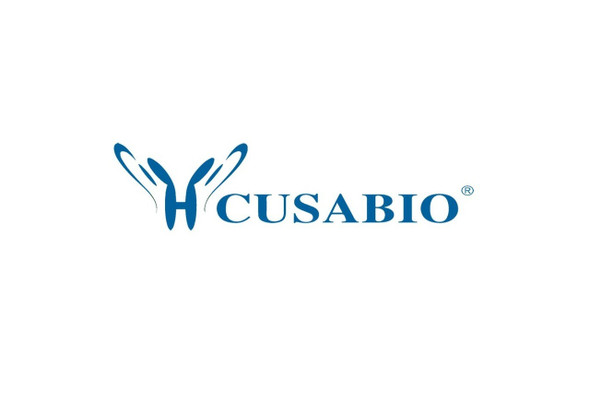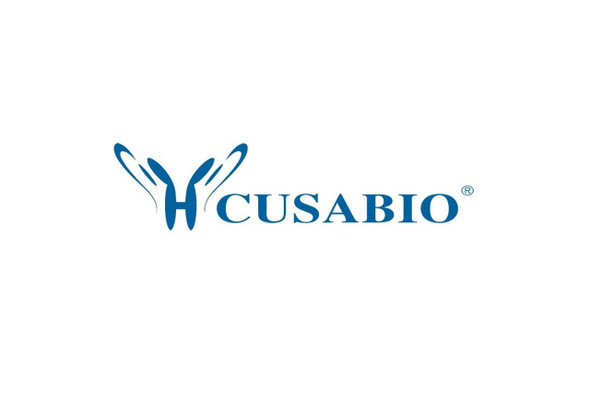Cusabio Escherichia coli Recombinants
Recombinant Escherichia coli Bifunctional protein GlmU (glmU) | CSB-EP364779ENV
- SKU:
- CSB-EP364779ENV
- Availability:
- 3 - 7 Working Days
Description
Recombinant Escherichia coli Bifunctional protein GlmU (glmU) | CSB-EP364779ENV | Cusabio
Alternative Name(s): N-acetylglucosamine-1-phosphate uridyltransferase Glucosamine-1-phosphate N-acetyltransferase
Gene Names: glmU
Research Areas: Others
Organism: Escherichia coli (strain K12)
AA Sequence: MLNNAMSVVILAAGKGTRMYSDLPKVLHTLAGKAMVQHVIDAANELGAAHVHLVYGHGGDLLKQALKDDNLNWVLQAEQLGTGHAMQQAAPFFADDEDILMLYGDVPLISVETLQRLRDAKPQGGIGLLTVKLDDPTGYGRITRENGKVTGIVEHKDATDEQRQIQEINTGILIANGADMKRWLAKLTNNNAQGEYYITDIIALAYQEGREIVAVHPQRLSEVEGVNNRLQLSRLERVYQSEQAEKLLLAGVMLRDPARFDLRGTLTHGRDVEIDTNVIIEGNVTLGHRVKIGTGCVIKNSVIGDDCEISPYTVVEDANLAAACTIGPFARLRPGAELLEGAHVGNFVEMKKARLGKGSKAGHLTYLGDAEIGDNVNIGAGTITCNYDGANKFKTIIGDDVFVGSDTQLVAPVTVGKGATIAAGTTVTRNVGENALAISRVPQTQKEGWRRPVKKK
Source: E.coli
Tag Info: N-terminal 10xHis-tagged and C-terminal Myc-tagged
Expression Region: 1-456aa
Sequence Info: Full Length
MW: 56.6 kDa
Purity: Greater than 85% as determined by SDS-PAGE.
Relevance: Catalyzes the last two sequential reactions in the de novo biosynthetic pathway for UDP-N-acetylglucosamine (UDP-GlcNAc). The C-terminal domain catalyzes the transfer of acetyl group from acetyl coenzyme A to glucosamine-1-phosphate (GlcN-1-P) to produce N-acetylglucosamine-1-phosphate (GlcNAc-1-P), which is converted into UDP-GlcNAc by the transfer of uridine 5-monophosphate (from uridine 5-triphosphate), a reaction catalyzed by the N-terminal domain.
Reference: "Identification of the glmU gene encoding N-acetylglucosamine-1-phosphate uridyltransferase in Escherichia coli." Mengin-Lecreulx D., van Heijenoort J. J. Bacteriol. 175:6150-6157(1993)
Storage: The shelf life is related to many factors, storage state, buffer ingredients, storage temperature and the stability of the protein itself. Generally, the shelf life of liquid form is 6 months at -20?/-80?. The shelf life of lyophilized form is 12 months at -20?/-80?.
Notes: Repeated freezing and thawing is not recommended. Store working aliquots at 4? for up to one week.
Function:
Involvement in disease:
Subcellular Location:
Protein Families:
Tissue Specificity:
Paythway:
Form: Liquid or Lyophilized powder
Buffer: If the delivery form is liquid, the default storage buffer is Tris/PBS-based buffer, 5%-50% glycerol. If the delivery form is lyophilized powder, the buffer before lyophilization is Tris/PBS-based buffer, 6% Trehalose, pH 8.0.
Reconstitution: We recommend that this vial be briefly centrifuged prior to opening to bring the contents to the bottom. Please reconstitute protein in deionized sterile water to a concentration of 0.1-1.0 mg/mL.We recommend to add 5-50% of glycerol (final concentration) and aliquot for long-term storage at -20?/-80?. Our default final concentration of glycerol is 50%. Customers could use it as reference.
Uniprot ID: P0ACC7
HGNC Database Link: N/A
UniGene Database Link: N/A
KEGG Database Link: N/A
STRING Database Link: N/A
OMIM Database Link: N/A










